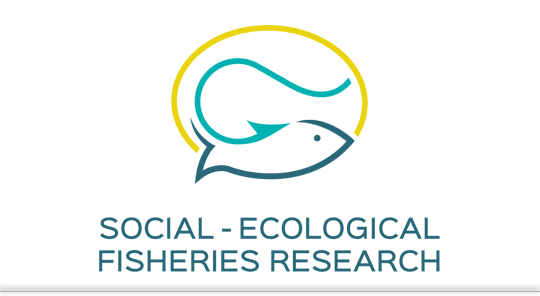The research project StörBagger, funded by the Angler Association of Lower Saxony, the State Fisheries Association of Bavaria, and the State Association of Saxon Anglers, and conducted by the IGB and IFishMan under the leadership of Prof. Dr. Robert Arlinghaus, focused for several years on the question of what ecological impacts arise from recreational activities such as angling at gravel pit lakes – and which do not.
Key findings:
While human presence at lakes can generally have certain impacts on biodiversity, blanket statements about the disturbance effects of individual recreational activities – especially angling – are not scientifically tenable. A comprehensive literature review (meta-analysis) and several field studies in Lower Saxony show: Other factors such as land use, nutrient input, and altered habitat structures have significantly stronger effects on biodiversity than angling through harvest or management. Shoreline activities like swimming, boating, or walking dogs have more negative effects – for example on sensitive bird species or through trampling damage – than shoreline angling.
Another relevant point:
Unlike other recreational users, anglers actively contribute to the protection and promotion of fish species diversity through their angling clubs – for example through fish stocking measures or the voluntary establishment of protected zones, which have been shown to positively affect native fish populations, vegetation, and sensitive bird species.
Only in the case of amphibians were negative effects of angling-related water use observed, likely due to increased predation pressure from fish. However, steep-sided gravel pits are generally not suitable amphibian habitats in the first place.
A recommendation can be drawn from these studies:
Restrictions on anglers should be based on sound evidence and decided on a case-by-case basis. Blanket bans on angling or fisheries management – for example in nature reserves – while other recreational uses continue, do not necessarily lead to ecological improvements but do cause significant social costs.

